Collaborative governance is a governing arrangement that brings together actors across different interests, sectors and jurisdiction. It aims to further deliberation and collective decision-making to address public issues or manage resources. The normative core of collaborative governance is cooperation, dialogue and trust.
Collaborative governance can play a constructive role to enhance legitimacy and improve effectiveness of decision-making processes by leveraging diverse knowledge, resources, and perspectives. It is particularly important for addressing “wicked problems” — complex issues like climate change and biodiversity loss — that often transcend geographical, political, and organizational boundaries.
Today, tensions are mounting around sustainability transformations. Debates are often sharply polarized. Broad consensus in decision-making is becoming rarer, and organised resistance to sustainability policies, including by new interest-based groups and social movements, is on the rise. This often results in amplified antagonism and distrust. The prospects for collective decision-making today are becoming more tenuous.
In our research, we set out from this broad contextual background to study the meaning and function of collaborative governance in environmental and sustainability politics. We are especially interested in the question of how mounting tensions around and resistance to sustainability policy affect power relations because such relations play a crucial role in shaping the viability and legitimacy of collaborative governance processes. We study how expertise and local knowledge are negotiated and utilized. And we seek to develop practical tools to make collaborative processes better equipped to deal with social and political tensions and resistance to sustainability transformations.
We are currently doing work on three case studies of collaborative governance: climate change mitigation, management of invasive species and biodiversity loss, and large-scale infrastructure projects.
We work closely with a partnership of practitioners, which consists of the following actors: the Swedish Environmental Protection Agency, the Swedish Forest Agency, the Hunters’ Association, Greenpeace, Uppsala Municipality, and the Swedish Centre for Nature Interpretation at SLU
Dialogue and collaboration network
Within the focus area, a network has been created for those who want to develop sustainability dialogues. Read more about the network and sign up at slu.se/mistraec/natverkdialogsamverkan (in Swedish).


